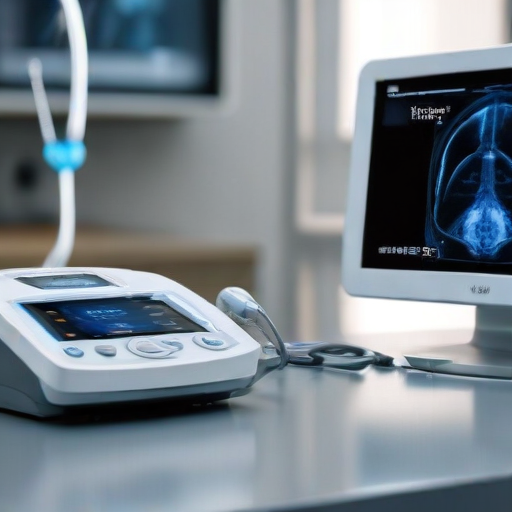Avenda Health, an artificial intelligence healthcare company, has unveiled a new study indicating that its Unfold AI software can more accurately detect the extent of prostate cancer compared to traditional methods used by doctors. The study involved ten physicians who evaluated 50 different prostate cancer cases, revealing that the AI software achieved an accuracy rate of 84.7%. In contrast, the physicians’ accuracy was between 67.2% and 75.9%.
Published in the Journal of Urology and conducted in collaboration with UCLA Health, the research highlights the advantages of using AI for cancer assessment. Specifically, the study found that AI-assisted cancer contouring improved predictions of tumor size by an impressive 45 times in terms of accuracy and consistency compared to evaluations conducted without AI assistance.
Dr. Shyam Natarajan, an assistant adjunct professor of urology and senior author of the study, noted that the introduction of AI in the evaluation process not only enhances accuracy but also fosters greater agreement among doctors when diagnosing cancer. Furthermore, Dr. Wayne Brisbane, an assistant professor of urology at UCLA, pointed out that while MRI scans are typically used to determine tumor size, some tumors can be “MRI-invisible,” underscoring the critical role AI plays in areas where traditional imaging falls short.
The implications of this research are profound, suggesting that the incorporation of AI in cancer care could lead to more personalized and effective treatment strategies for patients. As AI continues to demonstrate capabilities that surpass human limitations, the potential for improved patient outcomes becomes increasingly tangible.
According to the American Cancer Society, prostate cancer affects approximately 1 in 8 men in the United States, with an estimated 299,010 new cases expected this year alone, resulting in 35,250 deaths from the disease.
This promising use of AI not only indicates a significant step forward in cancer diagnosis and treatment but also represents a hopeful advancement in the fight against prostate cancer, allowing for better tailored treatment plans that could ultimately save lives.
